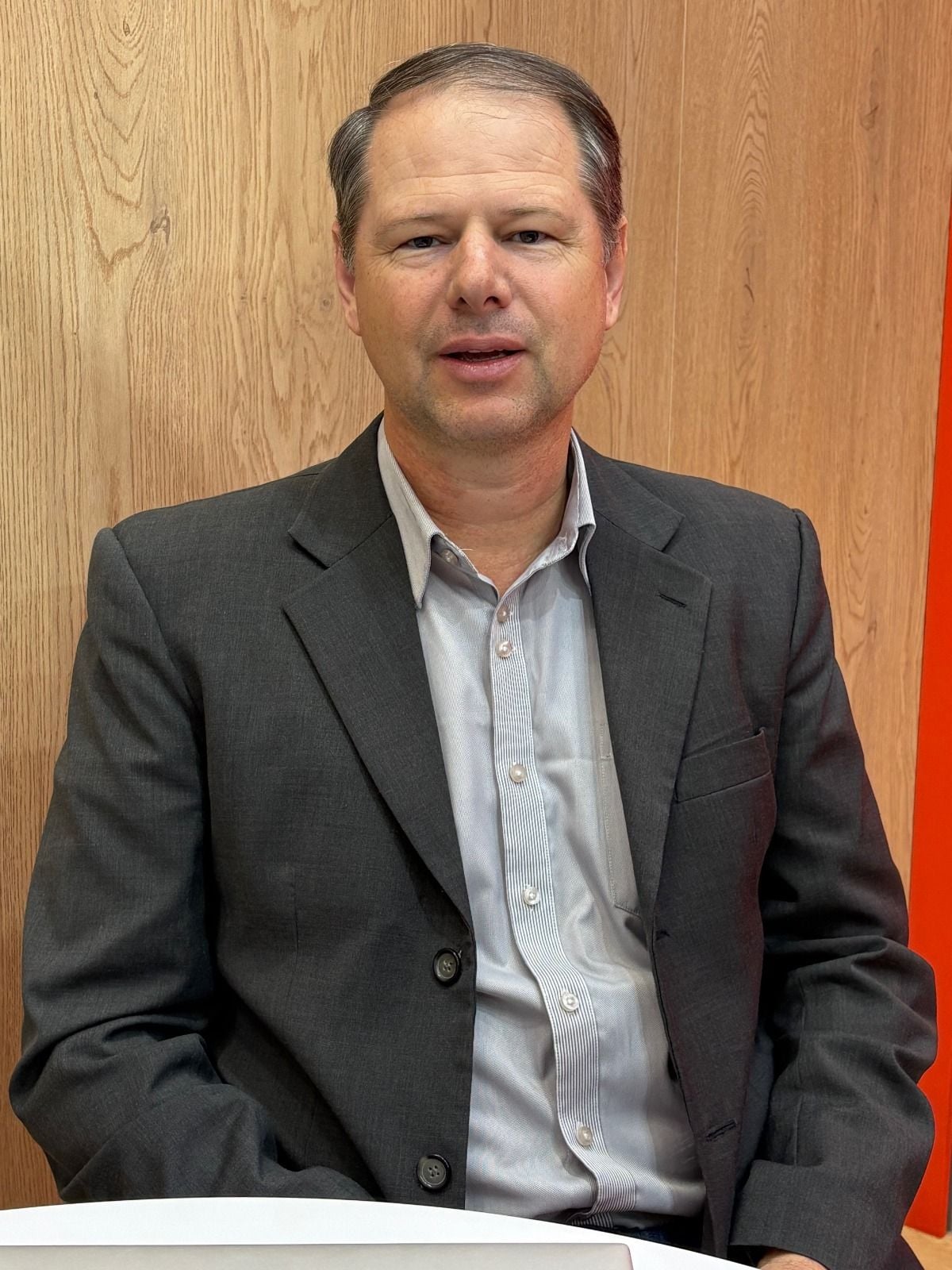“Paraguay consolidates its role as a key player in the global beef market”
Speaking with WBR during the Anuga trade fair, Randy Ross, president of the Paraguayan Meat Chamber, highlighted the country’s growing position as a global protein supplier. “Today, Paraguay is an important player in the global beef market, and it is also making strong inroads into pork and poultry production,” he said.
Regarding the opening of new markets, Ross reported that Paraguay was recently authorized to export to Singapore and the Philippines, and that South Korea could be added before the end of the year. “These are differentiated markets that demand high-quality products, and Paraguay is well positioned to compete there. There is also strong demand from North America, especially the United States and Canada, which is undoubtedly related to the additional tariff the U.S. imposed on Brazil,” he explained.
The executive emphasized that the U.S. market represents a strategic opportunity for Paraguay. “The United States needs lean beef, and Paraguay is an ideal supplier. As long as this extra tariff remains in place for Brazil, it will be a very interesting business for us. We are already seeing price increases in both the U.S. and Canada,” he affirmed.
Ross recalled that Paraguay exports to the U.S. under the other-country quota of over 60,000 tons, which last year was filled in just two weeks. “Now, with Brazil out of the market, we’ll have more room to operate. However, cattle prices in Paraguay have risen, and industrial competition has also increased. There are more plants operating, which creates stronger competition for livestock,” he pointed out.
Asked about the cattle herd situation, the chamber representative explained that “three years of drought significantly reduced the supply of finished animals,” and that the first half of 2025 saw “a very slow slaughter pace” due to delayed restocking. Nonetheless, he noted a trend toward greater intensification in production systems. “There are more feedlots, more people investing in grainfed operations, although results will only be seen in two or three years, since the biological cycle cannot be accelerated overnight,” he commented.
Regarding the debate on halting foot-and-mouth disease vaccination, Ross stated that “it’s a technical issue that should be analyzed jointly by all links in the beef chain.” “It shouldn’t be ruled out, but it must be based on scientific, not emotional or political, criteria,” he clarified.
Finally, on the ongoing Mercosur–European Union trade negotiations, he argued that the distribution of the 99,000-ton quota should be fair. “We believe an equal division —25,000 tons for each country— would be the fairest approach. We all contribute to the bloc, and we should all have the same opportunities,” Ross concluded.
